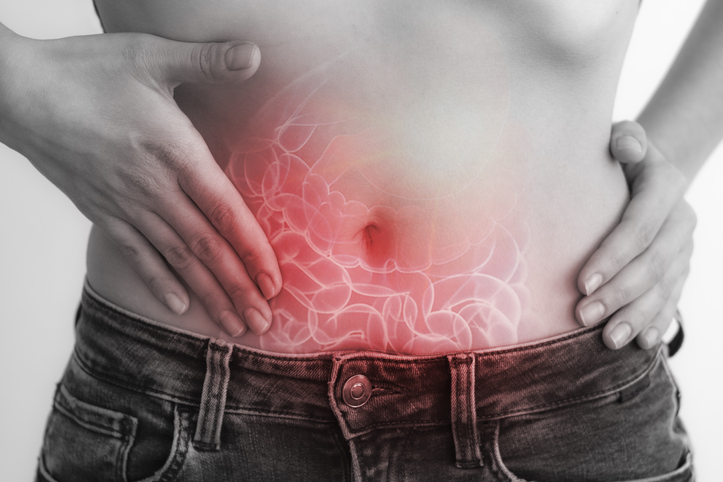Does Menopause Make Ovarian Cancer More Likely?
Many women are concerned about breast cancer, but in the UK ovarian cancer is the 6th most common cancer.

There are around 7,500 new ovarian cancer cases in the UK every year and although it can happen at any age, it’s most common in women over age 50 with half of ovarian cancer cases found in women age 63 or older, according to the American Cancer Society.
Menopause and cancer risk
Menopause doesn’t cause ovarian cancer, but your chances of developing it go up as you get older so when you go through menopause, your risk increases just because of your age.
However, there are a few things related to menopause that may affect your risk of developing ovarian cancer.
If you start menopause late — usually after age 52 — your chances may be higher. That could be because you’ve had more ovulations, those are the times when your menstrual cycle triggers your hormones to release an egg.
Taking birth control pills can temporarily stop ovulation which can lower your chance of developing ovarian cancer, but you need to discuss this with your doctor as there are some risks with with them and other hormonal contraception like the coil because of the synthetic progestins they contain.
Often, women take HRT to cope with menopause symptoms like hot flushes and osteoporosis and some studies suggest that taking those hormones may increase your risk of developing ovarian cancer.
This usually involves taking only oestrogen, or oestrogen and a progestin, which is a fake hormone that acts like progesterone. According to the American Cancer Society, the risk appears to be higher when you take just oestrogen (without progesterone) for at least 5 or 10 years.
Know what to look for
Women often don’t know they have ovarian cancer until it has spread and by then, it’s often very hard to treat.
When you are nearing or in menopause, it’s important to know the symptoms of ovarian cancer and what to look for. They are usually frequent (roughly 12 or more times a month) or more and include:
- a swollen tummy or feeling bloated
- pain or tenderness in your tummy or the area between the hips (pelvis)
- no appetite or feeling full quickly after eating
- an urgent need to pee or needing to pee more often
Other symptoms of ovarian cancer can include:
- indigestion
- constipation or diarrhoea
- back pain
- feeling tired all the time
- losing weight without trying
- bleeding from the vagina after the menopause
If you’ve been through menopause, don’t ignore any kind of vaginal bleeding or spotting. If you haven’t been through menopause, see your doctor if your periods are heavy, or if you bleed between periods or during sex.
Helpful information:
It is unfortunate that many of the symptoms associated with ovarian cancer cancer easily be mistaken for common effects of menopause, but it is important to pay attention to any changes.
One important factor in relation to cancer is getting diagnosed early, so if you have any concerns please see your doctor and share the article below.
https://anna.blog.wellsprings-health.com/ovarian-cancer-diagnosis-may-be-too-late/


















